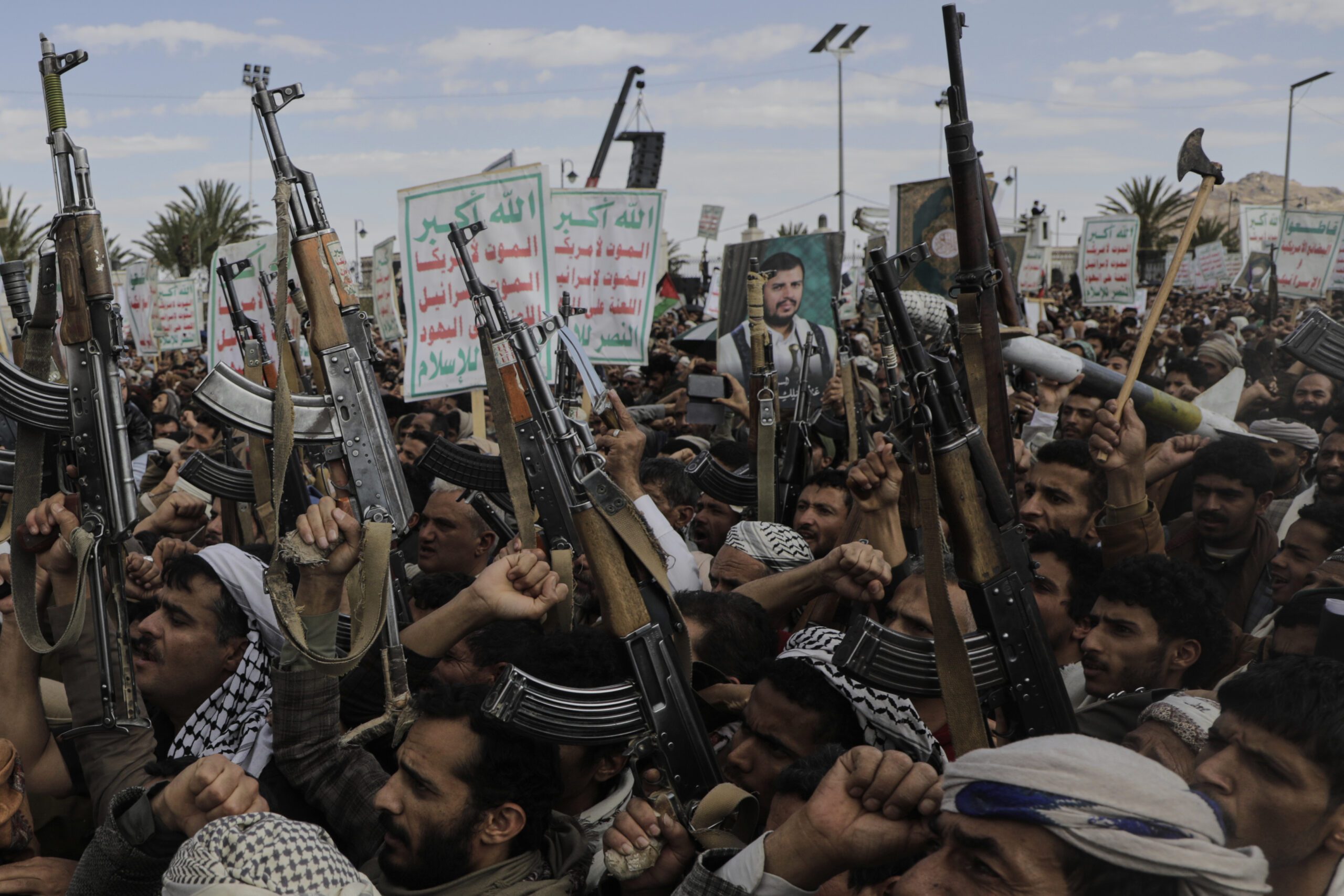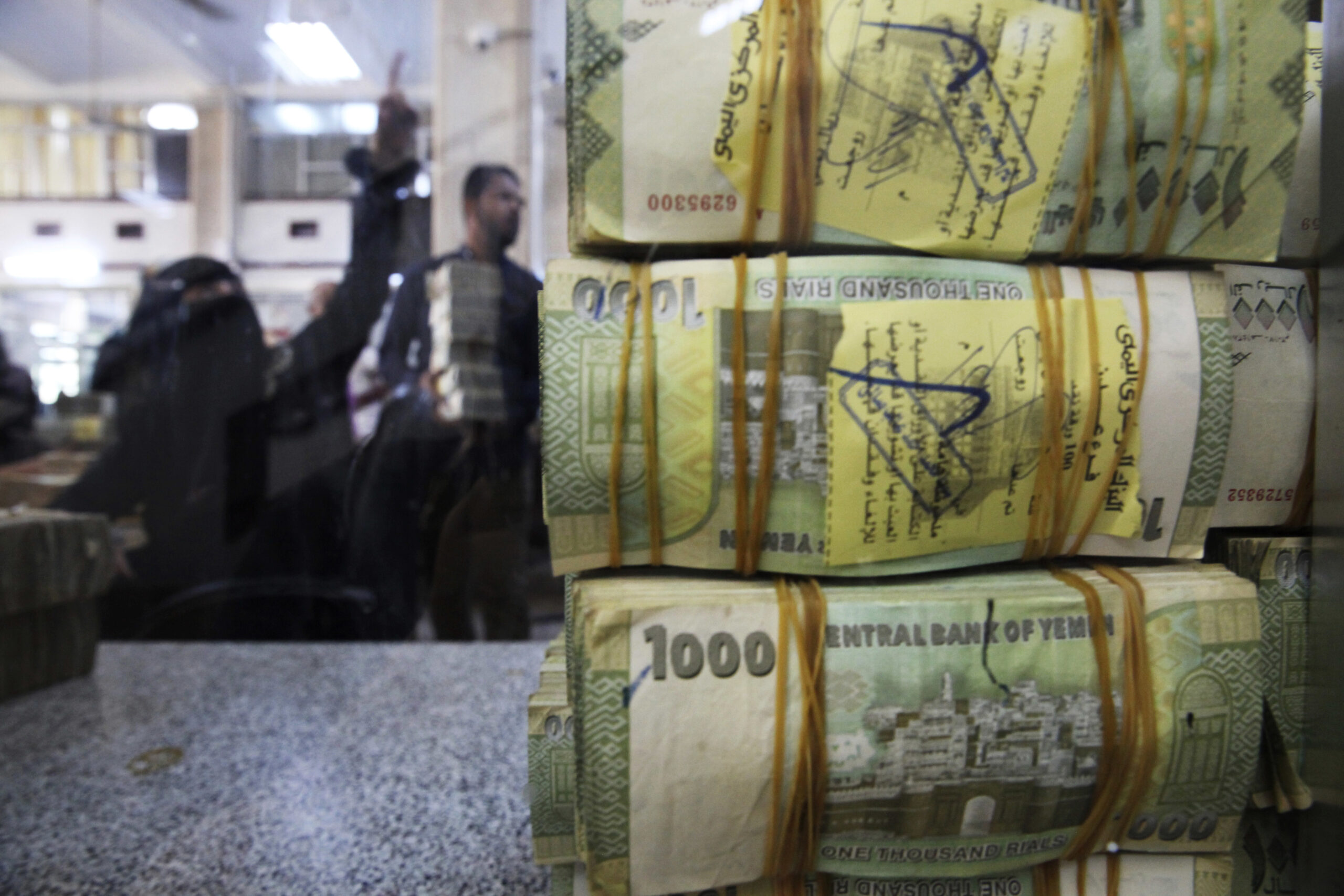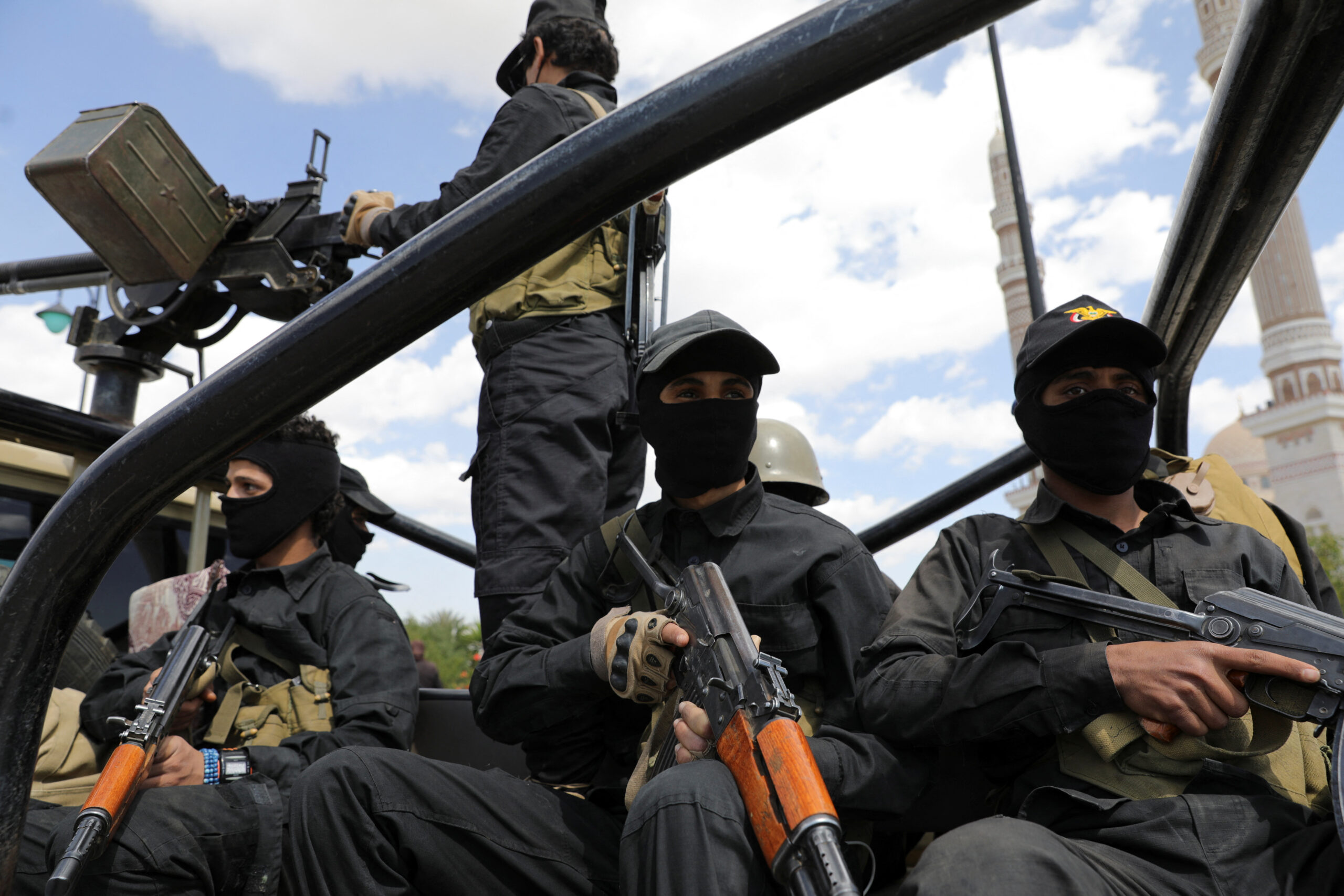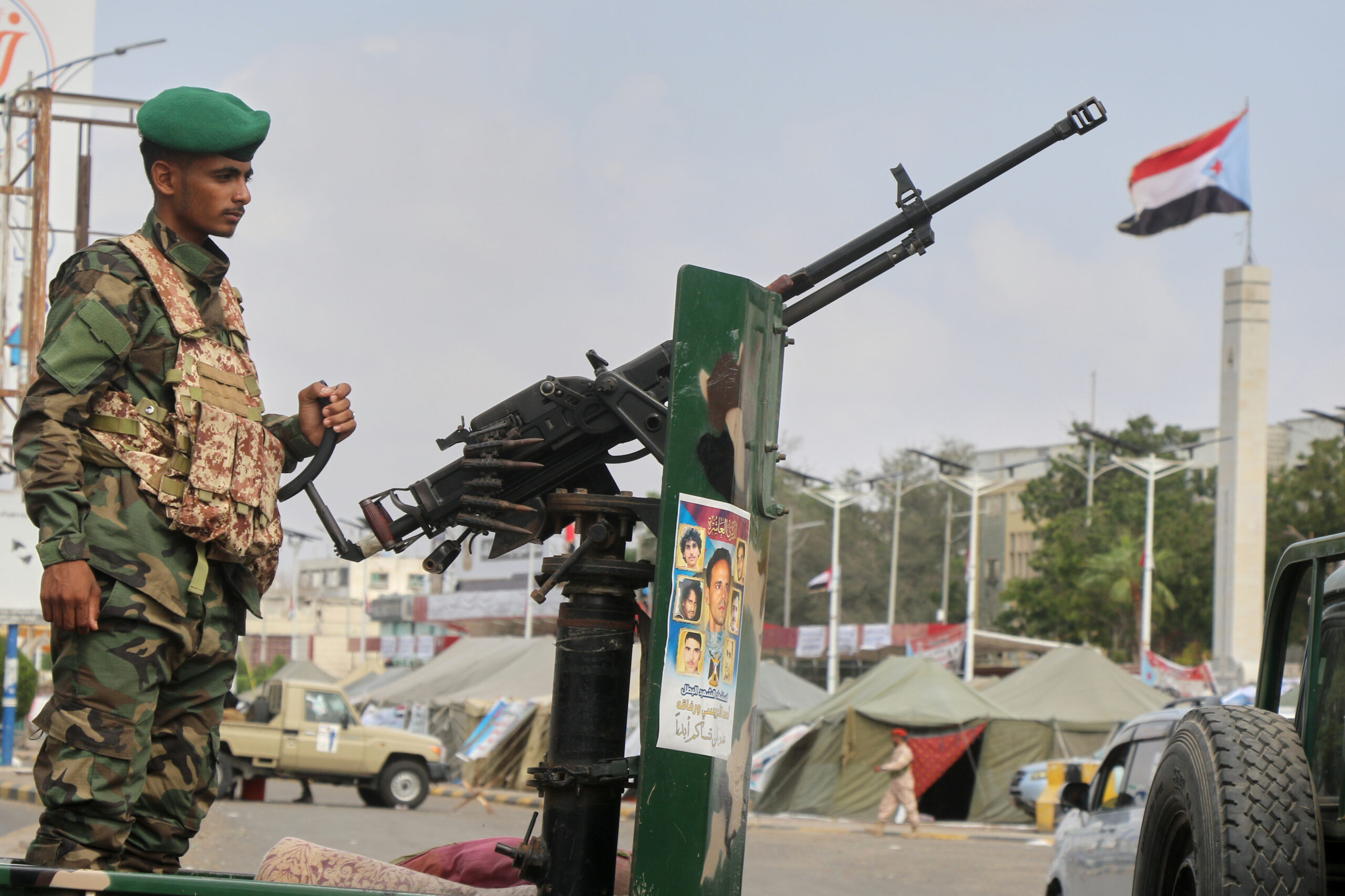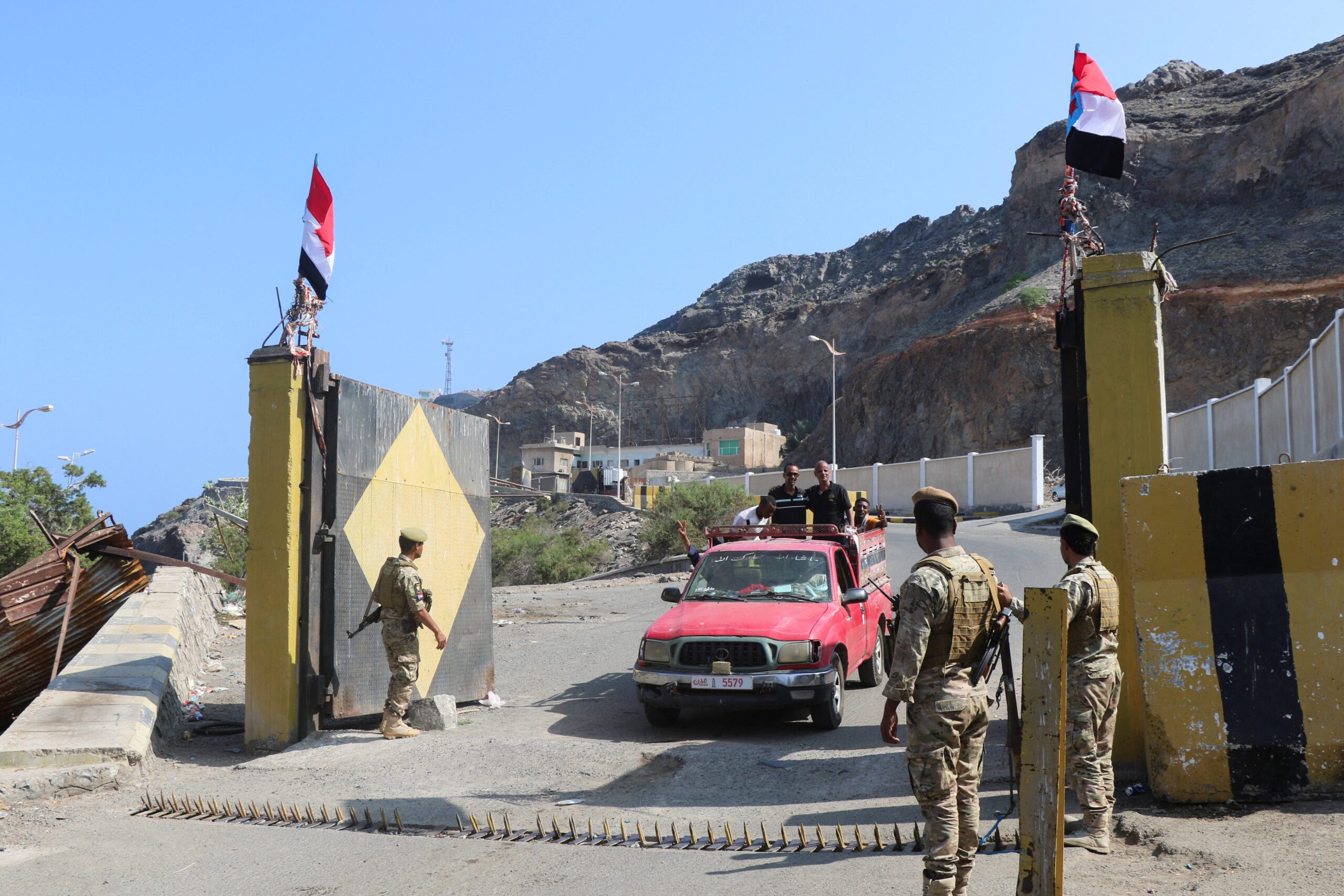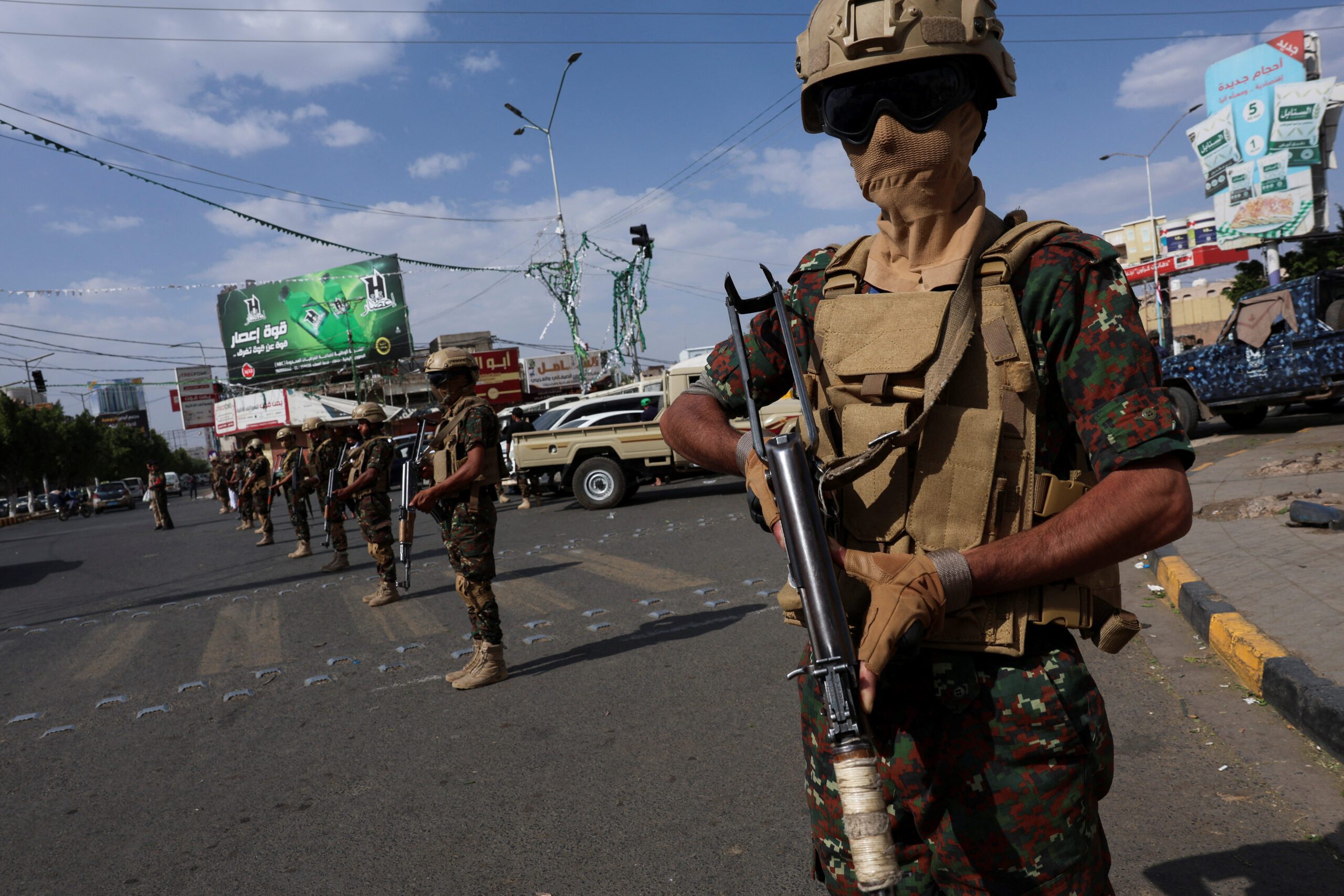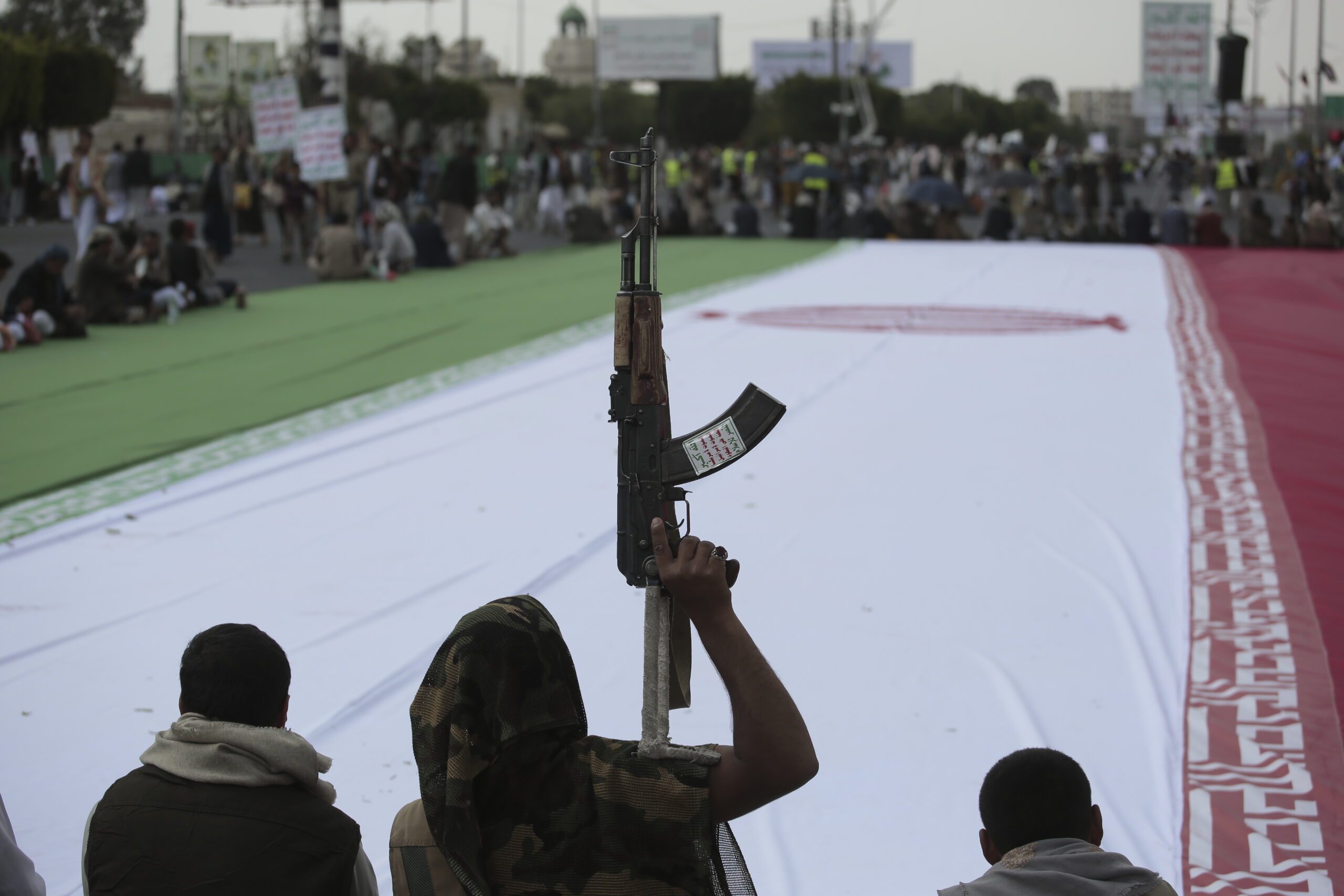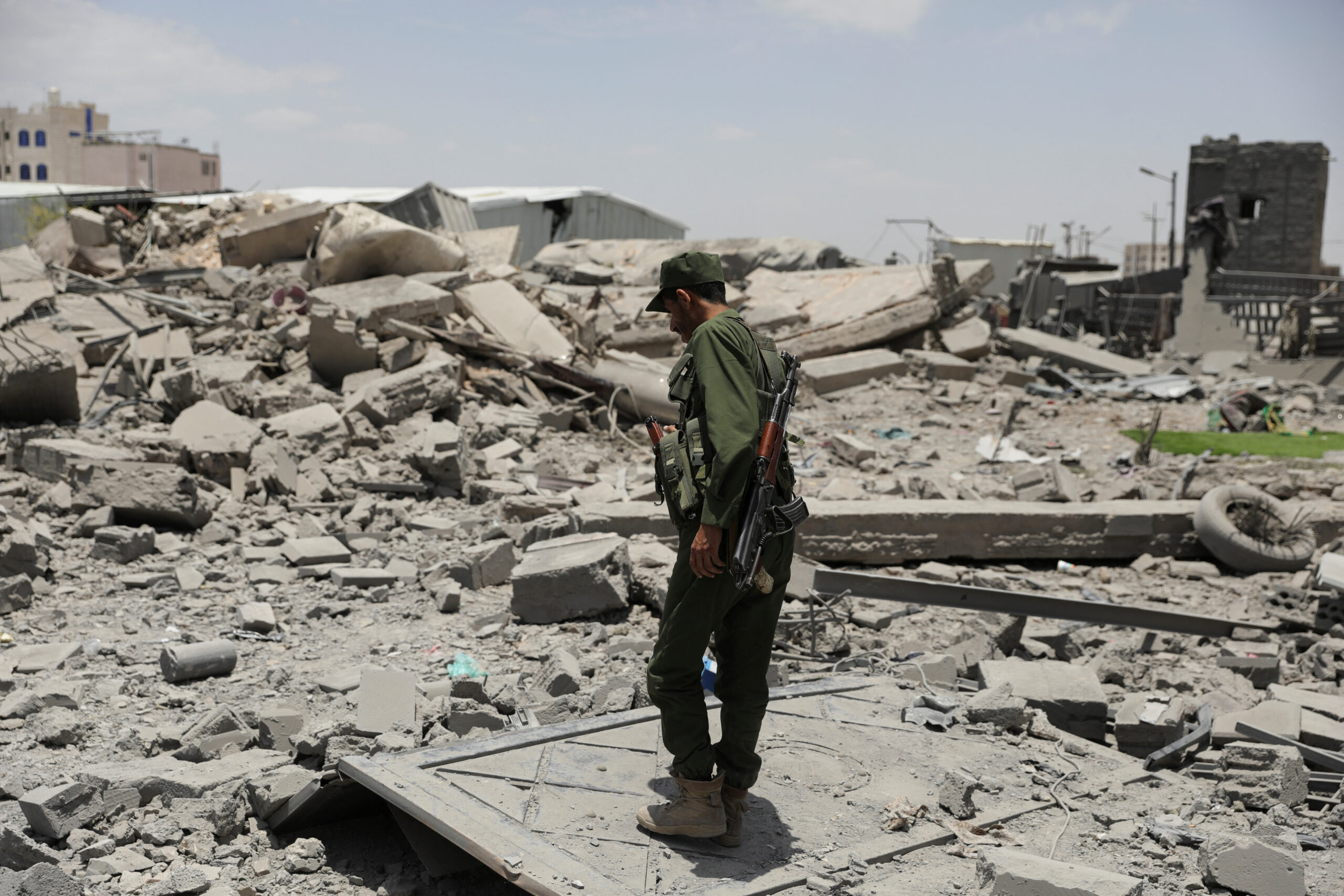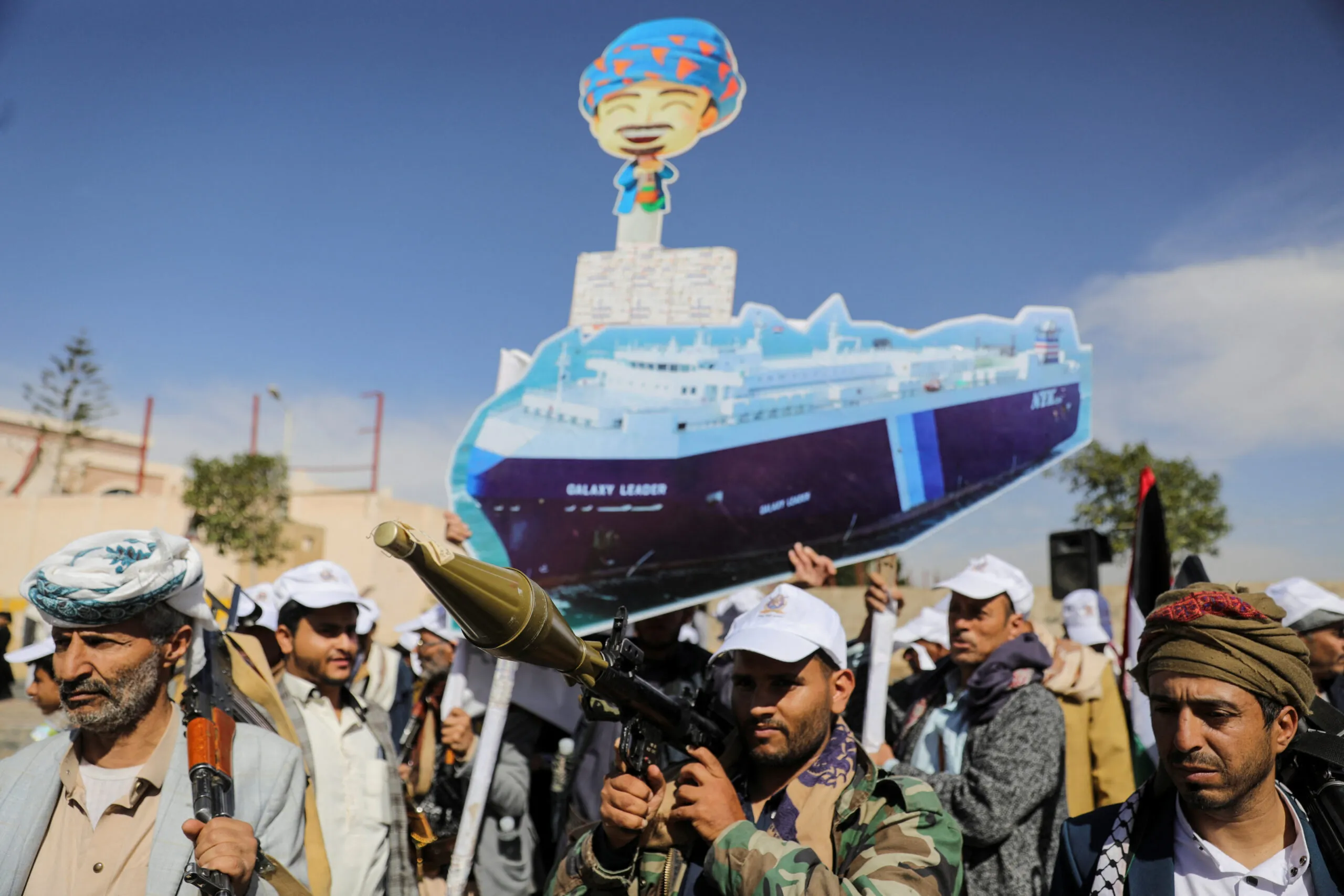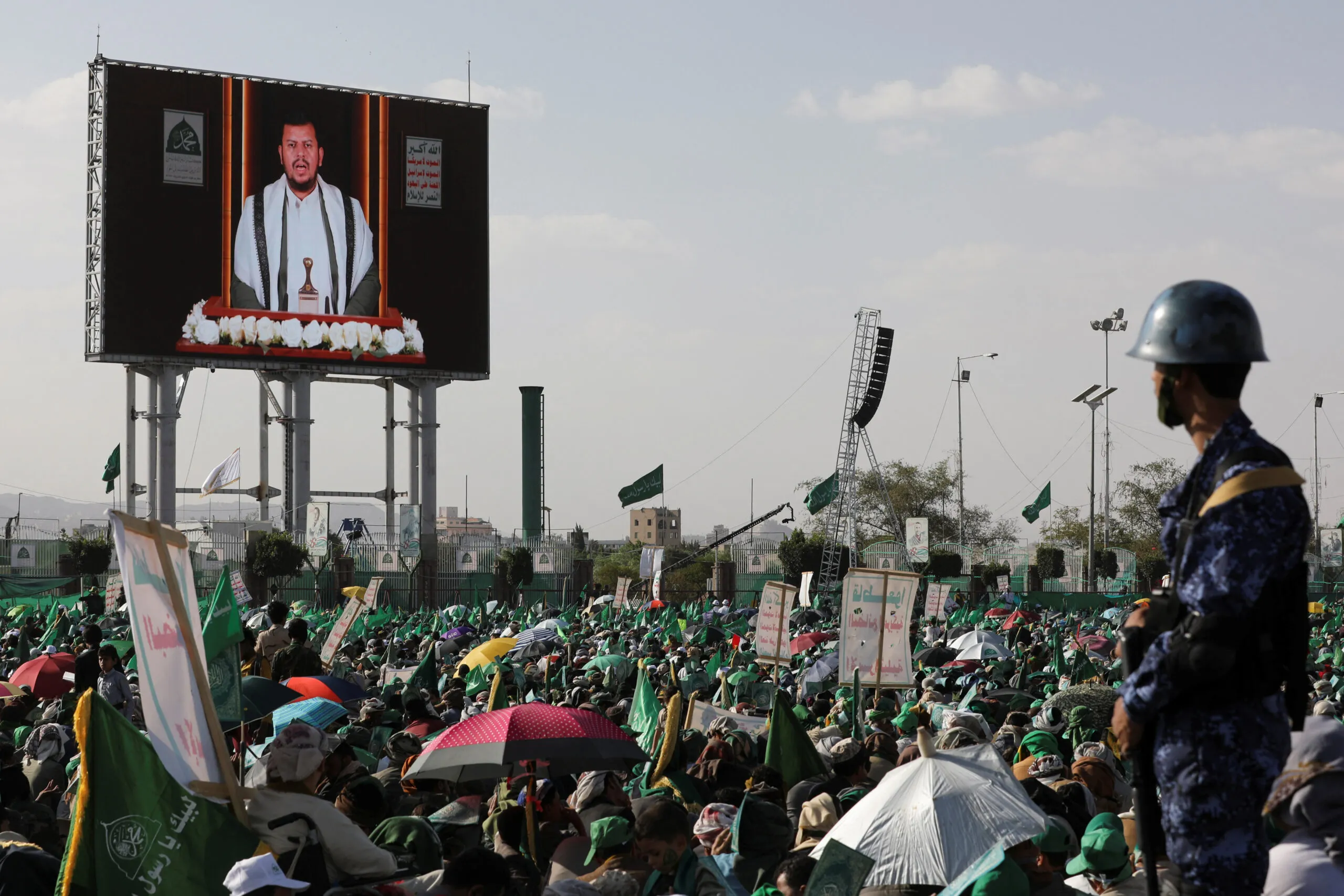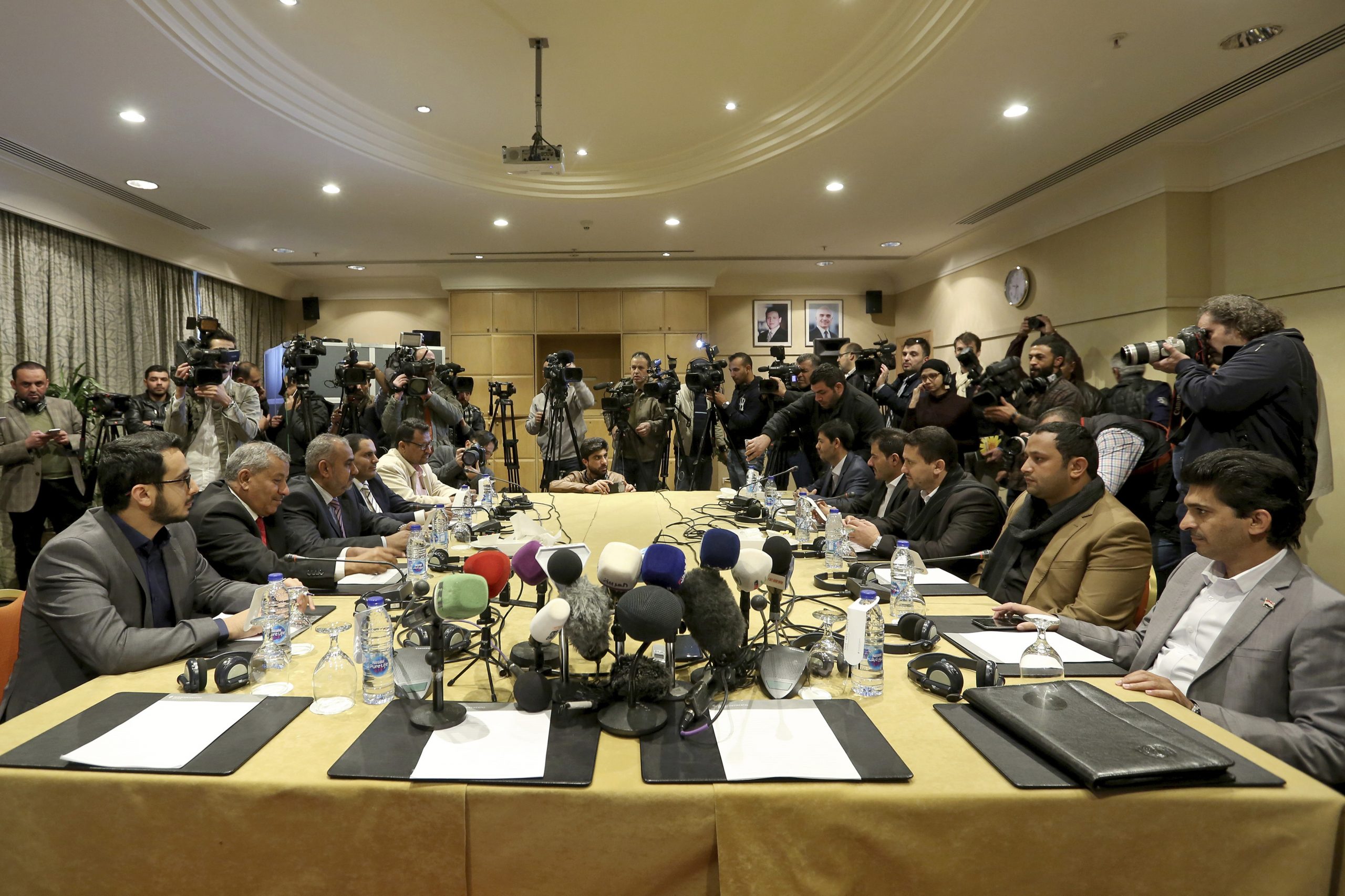Exploiting Houthi Vulnerabilities in a Season of Recalibration
By attacking the Houthis’ support system, the United States can use indirect means to accomplish what it couldn’t through direct military intervention.

The summer of 2025 has significantly reshaped the Middle East. Iran’s strategy of plausible deniability and its network of proxies, both of which were designed to protect the regime from direct strikes, were upended by Israel’s lightning 12-day war and the defeat of Hamas and Hezbollah. Now the regime is focused on survival, stamping out domestic dissent, and either rebuilding its proxies or finding another way to exert pressure on Israel and the United States. Israel, for its part, is emboldened but not satisfied. Prime Minister Benjamin Netanyahu does not believe the job is finished, which is why he is contemplating a larger offensive into Gaza and pushing Lebanon to disarm Hezbollah. Both of these are high-risk endeavors that could easily backfire. Meanwhile, the United States is looking to offload many of its own security responsibilities in the region, withdrawing from bases in Syria and reducing its naval presence in the Red Sea, to prioritize China. The Middle East, in other words, is in a season of recalibration.
Perhaps nowhere is this more the case than in Yemen, where the Houthis, who control much of the northern part of the country, remain Iran’s most potent partner. Over the past two years, since the Houthis began targeting commercial shipping in the Red Sea in late 2023, the United States has run through its list of options – from defensive patrols and shooting down Houthi missiles and drones to targeted strikes and a two-month bombing campaign – with limited success.
Israel, which has been targeted multiple times by Houthi ballistic missiles, faces a similar challenge in Yemen. It lacks the intelligence penetration of the Houthi movement that it used to such devastating effect against Iran’s nuclear scientists in June and in the coordinated pager attack aimed at Hezbollah in late 2024. Nor are the Houthis next door to Israel, where it can easily deploy its military as it has against Hamas over the past two years. So Israel, like the United States, has carried out a series of airstrikes, some coordinated and some not, in an effort to degrade, deter, and ultimately defeat the group.
A sustained bombing campaign may work over time, but it would likely require the addition of ground troops, either local or international, which would significantly increase both cost and risk, neither of which the United States is willing to consider at the moment. Instead, a more prudent approach may be to exploit four existing Houthi vulnerabilities – weapons shipments, communications, domestic dissent, and finances – all which have been exacerbated by the current period of readjustment.
Weapons Shipments
The first and most obvious vulnerability is Iranian weapons shipments. The Houthis are able to produce some of their own weapons, but when it comes to high-end and long-range weapons that they use to target commercial shipping and Israel, they are almost entirely dependent on Iran. In recent weeks, as the Islamic Revolutionary Guard Corps has struggled to recover from Israel’s June attacks, there has been an uptick in interdictions. In July, National Resistance Forces in Yemen under the command of Tariq Saleh seized 750 tons of weapons meant for the Houthis. More recently, officials in Aden seized material from China that suggests the Houthis are attempting to address this vulnerability by establishing domestic “drone and missile manufacturing capability.”
Iran smuggles weapons to the Houthis through three primary routes: via boats in the Red Sea that land in Houthi-controlled territory, overland through non-Houthi parts of Yemen, and over the Omani-Yemeni border and then cross country to Houthi territory. Each of these routes can be constricted through either increased diplomatic pressure in the case of Oman, more U.S. and allied patrols in the Red Sea, and greater assistance to forces operating under the auspices of the United Nations-recognized government of Yemen.
Communications
The Houthis’ second vulnerability is control of the narrative and communications, which is why they have been so opposed to Starlink satellite internet in Yemen, calling it a “threat to national security and sovereignty.” The threat Starlink actually presents is that it breaks the Houthis’ monopoly on the internet. As seasoned Yemen observer Mohammed al-Basha of Basha Report noted, the Houthis use their control of the internet to control access, censor dissent, and spy on citizens. Increasing Starlink access in Yemen will weaken the Houthis’ grip on power.
Domestic Dissent
This impacts the Houthis’ third vulnerability – domestic dissent. The Houthis are genuinely bad at governance. The group provides little in the way of government salaries, has alienated large segments of Yemeni society, collects excessive taxes, and does not tolerate criticism. The United States, of course, cannot manufacture domestic dissent in Yemen, but what it can do is limit outside support coming to the Houthis and increase options for domestic Houthi opponents internally. Both increasing maritime patrols to interdict weapons shipments and encouraging Starlink in Yemen will have the second order effect of increasing and amplifying domestic dissent within Houthi-controlled regions at a time in which the group is feeling more vulnerable than ever.
Finances
Finally, and perhaps most important, the Houthis have a money problem. The Houthis know exactly how vulnerable they are on this front. Without money the group can’t survive. In July 2024, when the central bank in Aden attempted to cut Houthi banks off from the international financial system, Houthi leader Abdul Malik al-Houthi went on the offensive, threatening Saudi Arabia with more attacks if the bank in Aden didn’t back down. Saudi Arabia pressured the bank and the decision was reversed. But that was last year, before the United States conducted two months of airstrikes against Houthi targets in Operation Rough Rider. This year, with a weakened Iran, diminished Houthi weapon reserves, and a renewed U.S. sanctions regime that has labeled the Houthis a foreign terrorist organization, the time is ripe to implement the central bank’s plan to remove Houthi banks from the international financial system. This would likely require U.S. assurances to Saudi Arabia and perhaps the presence of missile defense battery systems, but that would still be less expensive than a sustained bombing campaign.
The Houthis can’t survive without money and weapons. Strangling the group’s supply of both, while challenging its narrative and helping to create the conditions for domestic dissent will severely weaken the group. By attacking the Houthis’ support system, the United States can use indirect means to accomplish what it couldn’t through direct military intervention.
The views represented herein are the author's or speaker's own and do not necessarily reflect the views of AGSI, its staff, or its board of directors.

